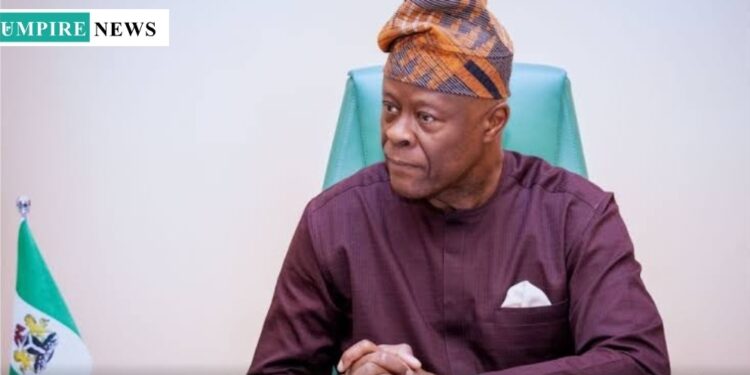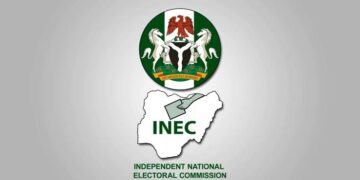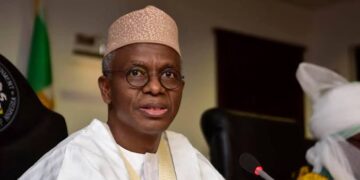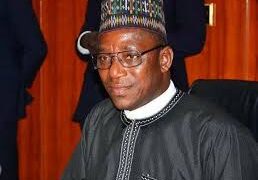According to the Federal Government, the naira-for-crude programme with local refineries is a “key policy directive
designed to support sustainable local refining” rather than a stopgap measure.
Recall that the NNPCL, led by its former leader Mele Kyari, initiated the project, but the government overturned that decision.
The government also said that the initiative is still in place and will continue right away, overturning the NNPCL’s
decision to terminate it under its former leader, Mele Kyari.
During a meeting with Dangote Refinery representatives on Tuesday, Finance Minister Wale Edun stated that the naira-
for-crude exchange deal remains in place.
The Technical Sub-Committee on the Crude and Refined Product Sales in Naira initiative convened on Tuesday to
assess progress and discuss ongoing implementation issues, according to a post made by the Ministry of Finance on
its official X handle on Wednesday.
Edun, the Implementation Committee Chairman; Zacch Adedeji, the Technical Sub-Committee Chairman and
Chairman of the Federal Inland Revenue Service (FIRS); Dapo Segun, the Chief Financial Officer of NNPCL; the
Coordinator of NNPC Refineries; the Management of NNPC Trading; and staff from Dangote Petroleum Refinery and
Petrochemicals were present at the meeting.
You may also like: NNPC Reiterates that Old Port Harcourt Refinery is Fully Operational
Others at the meeting include senior officials from the Nigerian Upstream Petroleum Regulatory Commission
(NUPRC), the Nigerian Midstream and Downstream Petroleum Regulatory Authority (NMDPRA), the Central Bank of
Nigeria (CBN), the Nigerian Ports Authority (NPA), a representative of Afreximbank, as well as the Secretary of the Committee, Hauwa Ibrahim.
“The stakeholders reaffirmed the government’s continued commitment to the full implementation of this strategic
initiative, as directed by the Federal Executive Council (FEC).
“Thus, the Crude and Refined Product Sales in Naira initiative is not a temporary or time-bound intervention but a key
policy directive designed to support sustainable local refining, bolster energy security, and reduce reliance on foreign
exchange in the domestic petroleum market.
“As with any major policy shift, the Committee acknowledges that implementation challenges may arise from time to
time. However, such issues are being actively addressed through coordinated efforts among all parties.
“The initiative remains in effect and will continue for as long as it aligns with the public interest and supports national economic objectives,” the statement read.


































